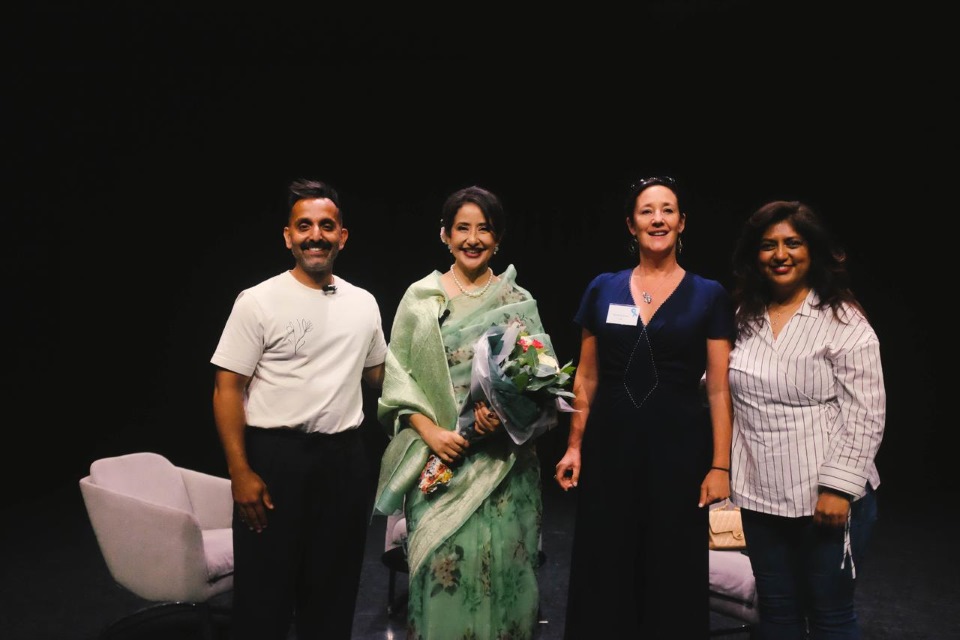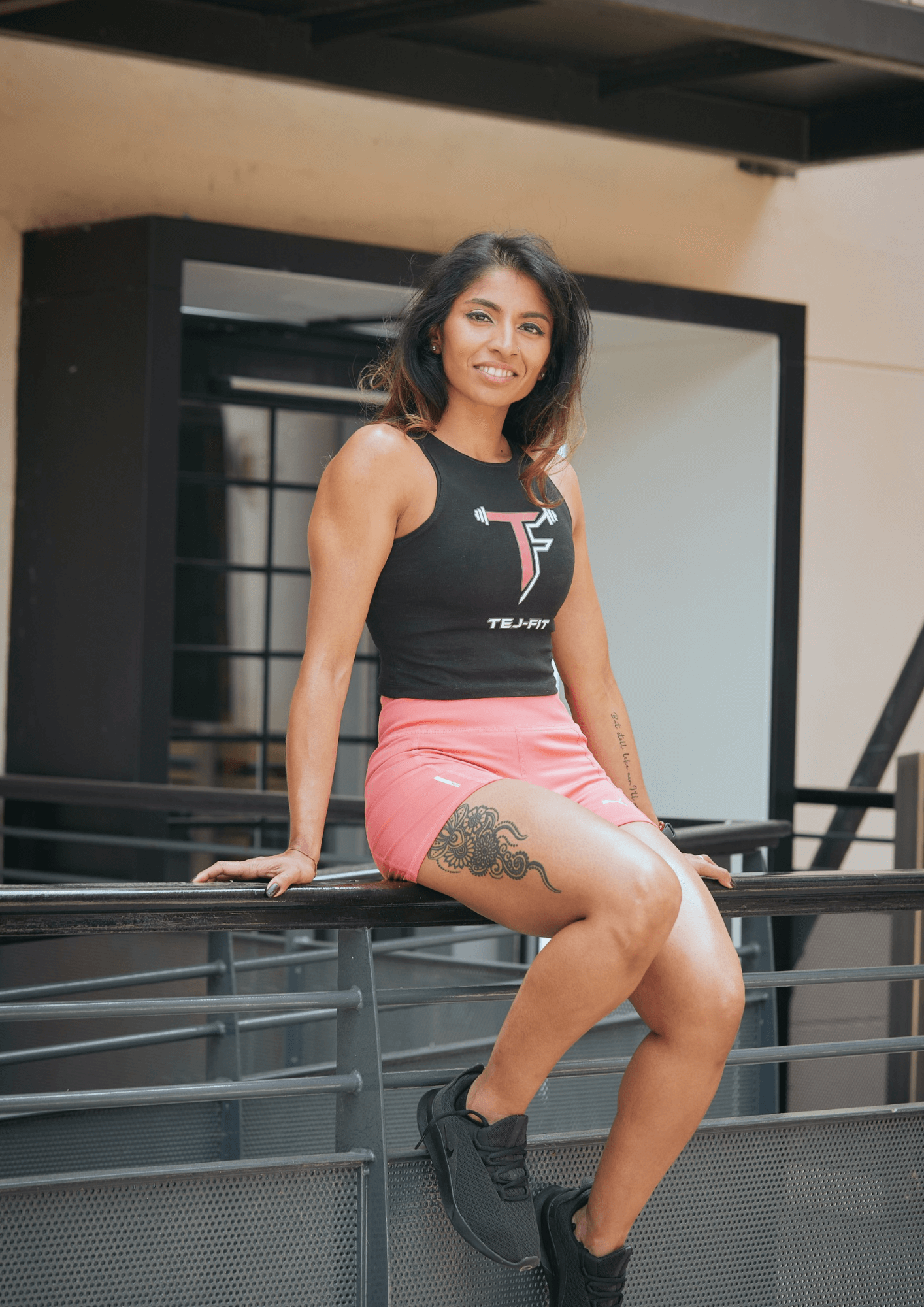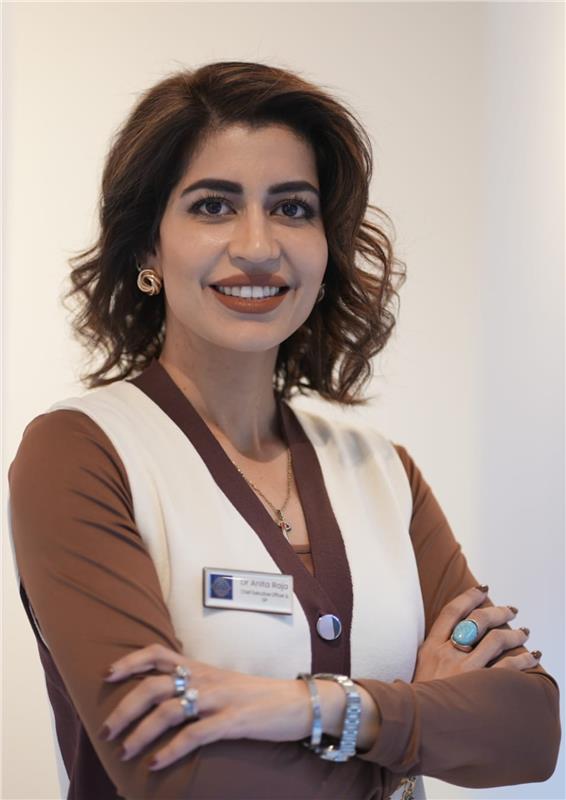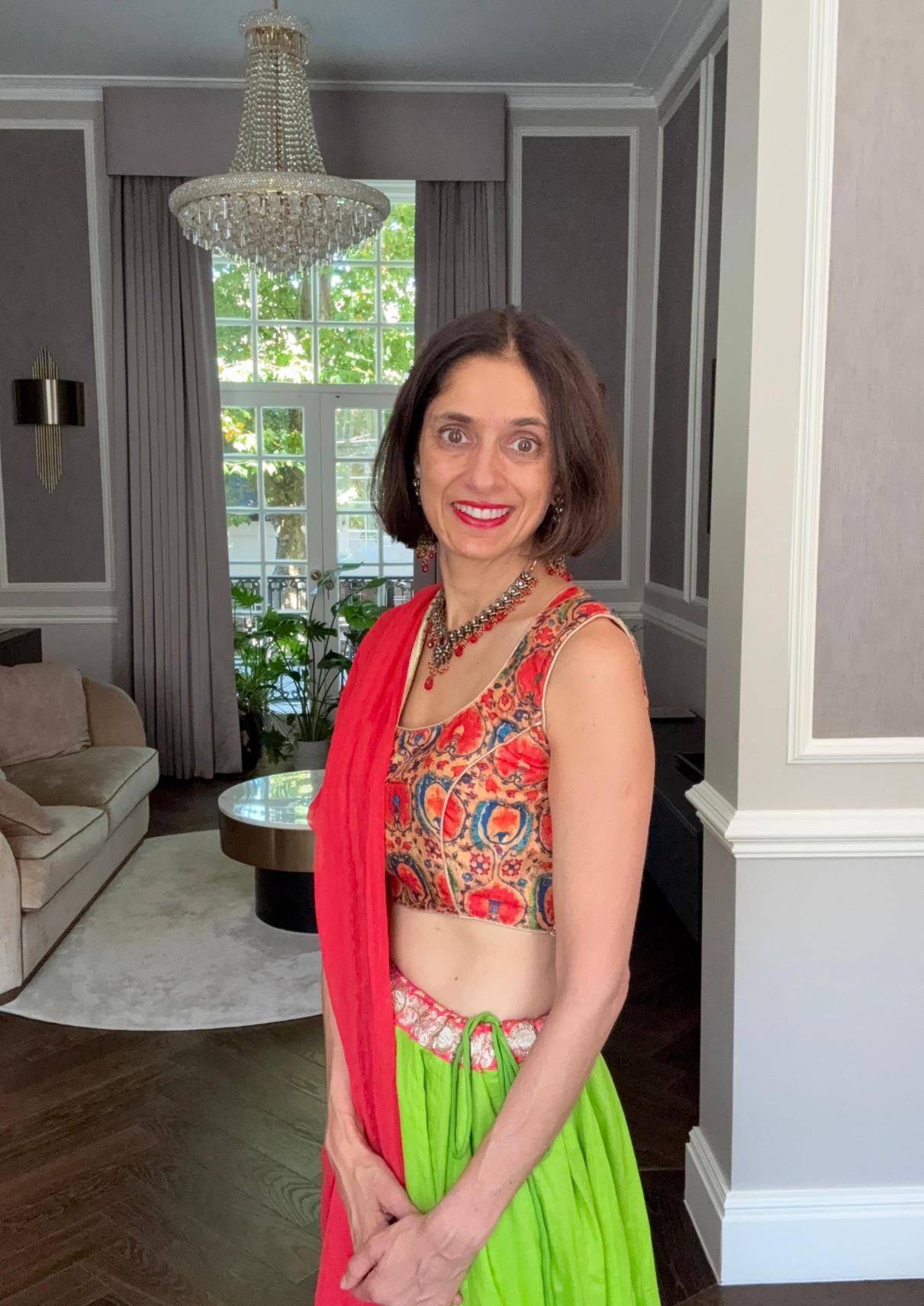When Manisha Koirala was diagnosed with stage four ovarian cancer, the news hit like a storm. One of the most celebrated faces in Indian cinema, she was used to the fast pace of fame and the illusion of invincibility. But cancer, she says, became the most transformative teacher of her life.
“I didn’t care two hoots about my health before,” she reflects candidly. “It’s only when I was helpless in a hospital bed, praying for a second chance, that I realised what true wealth really is. Without health, nothing else matters.”
Now thriving, Manisha is a global voice for early detection and cancer awareness through her charity work, particularly with Ovacome in the UK and support efforts across India and the world. In a moving conversation with Luxurist, she shares how cancer stripped life to its essence, awakened her joy, and revealed the quiet power women have to heal their families and themselves.
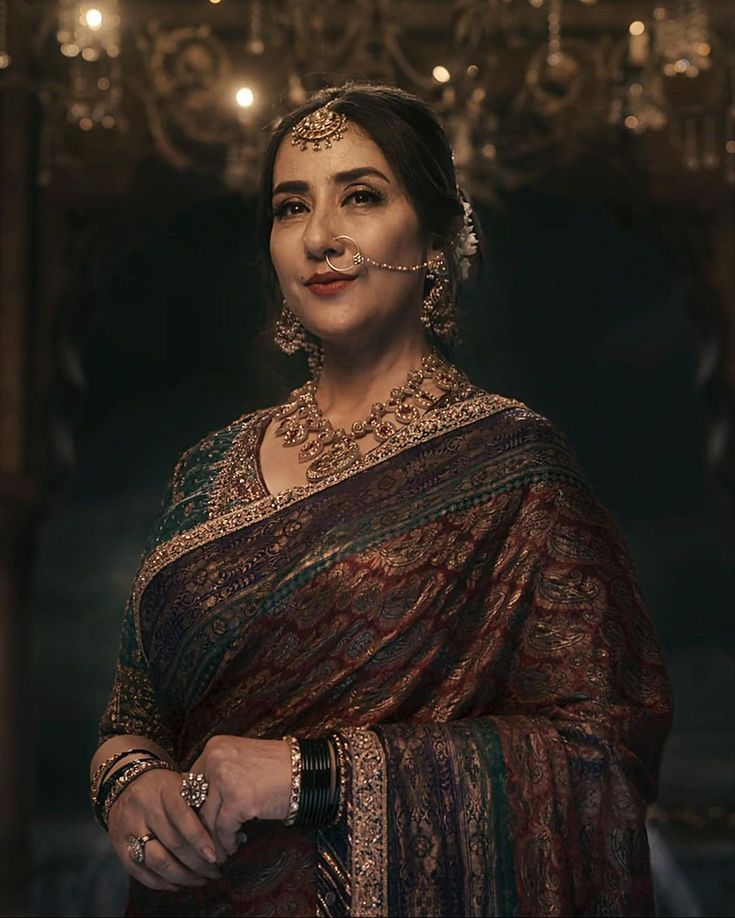
A Second Chance
In her memoir Healed, Manisha begins with the words, “I don’t want to die.” Facing the reality of mortality, she says, shook her to her core.
“I kept looking into my doctors’ eyes, searching for the truth. Were they being polite? Were they hiding something? I wasn’t ready to die,” she says. “I realised I hadn’t really lived. I had spent so much time getting bogged down by the little things, turning small heartbreaks into huge drama. That all washed away.”
Confronting death taught her to live, truly live.
“I started noticing the joy in simple things: walking barefoot on grass, listening to birds, watching dogs. Life’s bliss was always around me, but I had never paid attention.”
The Rock Beside Her
Cancer is a lonely journey for many, but Manisha speaks with deep reverence about the strength of her parents during her treatment in New York.
“The guilt of watching my elderly parents care for me—that crushed me. It should’ve been the other way around. But my mother—she was a warrior. Waking up at 4am to make me bone broth. Forcing me to drink it. My father, holding my hand to help me walk one step at a time. I was their little girl again.”
One particularly painful moment came during a treatment that involved injections to stimulate white blood cells, a process that sends excruciating pain into the bones.
“I told my mom, ‘I can’t take this anymore. Let me go.’ She fired back at me, ‘What will happen to us if you give up?’ She reminded me that I had to keep the faith. That I was not alone.”
Rewriting the Script
When asked whether her experience shaped the way she chooses roles now, Manisha smiles.
“After treatment, I set boundaries. I didn’t want to work more than eight hours. I avoided dark roles. But then came Heeramandi, and I broke all those rules,” she laughs. “It was emotionally intense, and long hours—but the project was so beautiful, I gave it everything.”
It taught her something: “As long as it’s my decision, I’ll give my heart to it.”
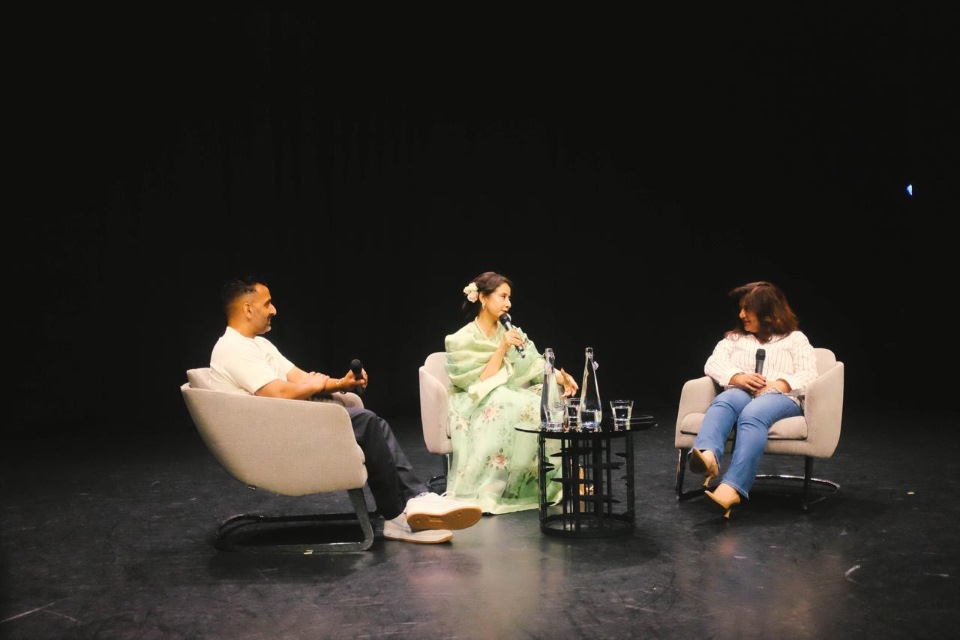
The Freedom of the Present
Manisha now lives with intention. She prioritises herself—from mental health to nutrition to cycling through London streets.
“That’s the metaphor, right? I’ve literally and emotionally taken life into my own hands,” she says. “I promised myself I’d look after me. Yes, I deviate sometimes, but there’s this alert system that kicks in. I course-correct. That’s what healing taught me.”
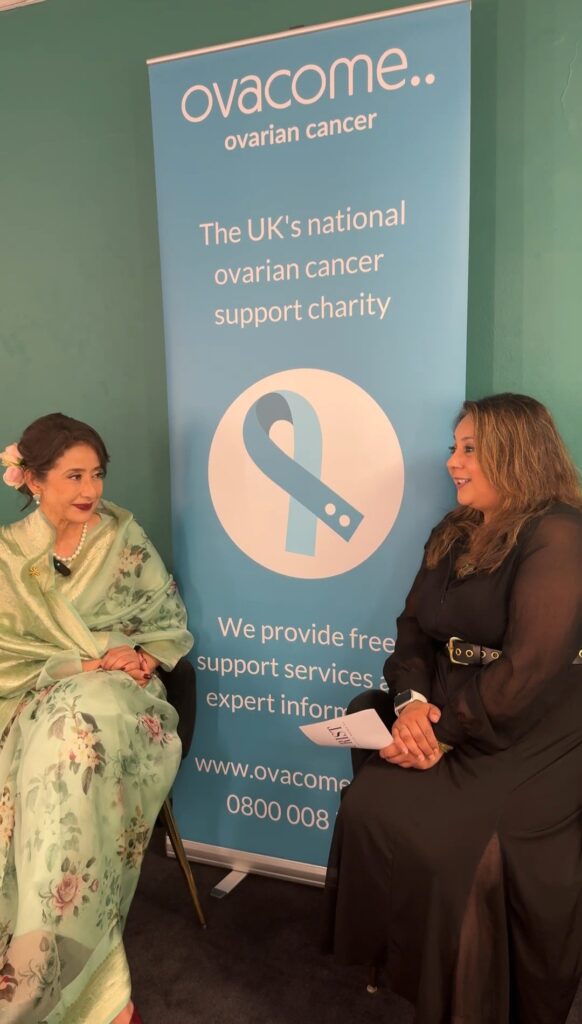
Educate. Empower. Overcome.
Manisha’s work now focuses on shifting the narrative around cancer—especially in South Asian communities where stigma still runs deep.
Through Ovacome, she supports children of cancer survivors globally, and advocates for widespread education and compassion.
“When I Googled my diagnosis, all I saw were grim statistics. No hope. I had to dig to find stories of survival. Eventually, I met a doctor who told me about a patient who had lived more than 25 years after the same diagnosis. That’s when I knew the right information had to reach more people.”
The stigma, she says, can be devastating.
“In some places, families are isolated, treated like they’re contagious. That’s inhuman. Cancer is not something you catch. We need to educate people to show compassion, not fear.”
Her legacy, she hopes, will be hope itself.
“Human will is stronger than we think. We can survive. We can thrive. But we have to know that’s possible.”
Myth-Busting & Meaning
Through her campaign with Ovacome, Manisha addresses common myths: that cancer is contagious, that it’s a death sentence, that there’s no life after diagnosis.
“None of that is true. Cancer is not the end. In fact, sometimes, life after cancer is better. It forces you to choose quality, purpose. It puts you in charge.”
Women Must Speak Up
For Manisha, the final message is about women’s empowerment. She wants South Asian women in particular to remember their worth.
“Women are the womb of this world,” she says. “But in our communities, we’re taught to care for others, not ourselves. That has to change. Prioritise your health. Speak up for your emotional and mental wellbeing. You are valued. You are needed.”
She ends with a call to action for anyone struggling, or newly diagnosed:
“If you’re ever concerned about your health, or if you’ve been diagnosed with cancer, please reach out to Overcome. Early diagnosis saves lives. Support is available. You are not alone.”
From silver screen to survivor and changemaker, Manisha Koirala’s journey is not just one of healing—it’s one of reclamation. Her voice echoes beyond the walls of hospitals and film sets. It reaches the women still silent. The families still unsure. The lives waiting to be fully lived.
She reminds us: Health is wealth. And life, even after pain, can be more beautiful than before.
